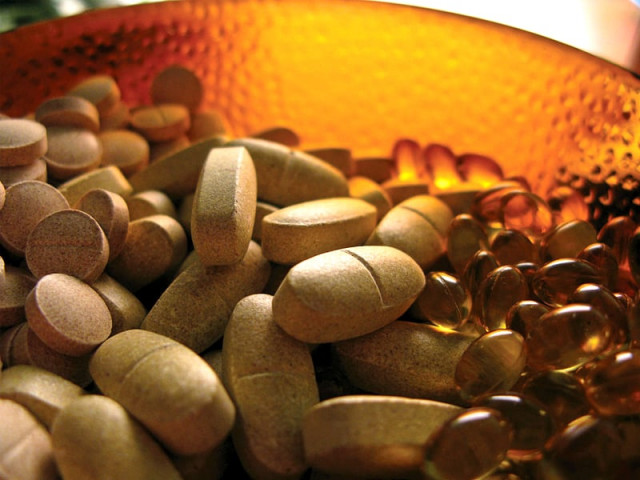UHS seminar: Vitamin–D significant for reproductive health
Scientist Prof Lubna Pal expected to attend as the guest speaker.

“Low vitamin-D levels during pregnancy threaten the well being of the mother as well as the newborn,” Prof Khalid P Lone, head of the Physiology and Cell Biology Department at the University of Health Sciences (UHS) said on Monday.
He was explaining the importance of vitamin-D while announcing that the university will organise a seminar on implications of vitamin-D deficiency for reproductive well being on July 12.
Prof Lone said that because a newborn’s vitamin-D level depended on the mother’s vitamin-D status, deficiency during pregnancy could lead to rickets (bone softening and weakening) in the infant.
He said that low vitamin-D levels during pregnancy had been associated with an increased risk of numerous complications, including gestational diabetes (high blood sugar during pregnancy), pre-eclampsia (pregnancy induced high blood pressure), and bacterial vaginosis (an infection caused by an overgrowth of bacteria in genitals). It has also been associated with low infant birth weights and an increased risk of childhood asthma, he added.
The event has been arranged by the UHS Centre for Research in Endocrinology and Reproductive Sciences.
Prof Lubna Pal is expected to attend as a guest speaker at the seminar. She is currently working as the director of the programme for polycystic ovarian syndrome, reproductive aging and bone health at Yale University.
Also on Monday, the UHS Advanced Studies and Research Board held its 67th meeting with Vice Chancellor Prof IA Naveed in the chair.
Published in The Express Tribune, July 10th, 2012.


















COMMENTS
Comments are moderated and generally will be posted if they are on-topic and not abusive.
For more information, please see our Comments FAQ